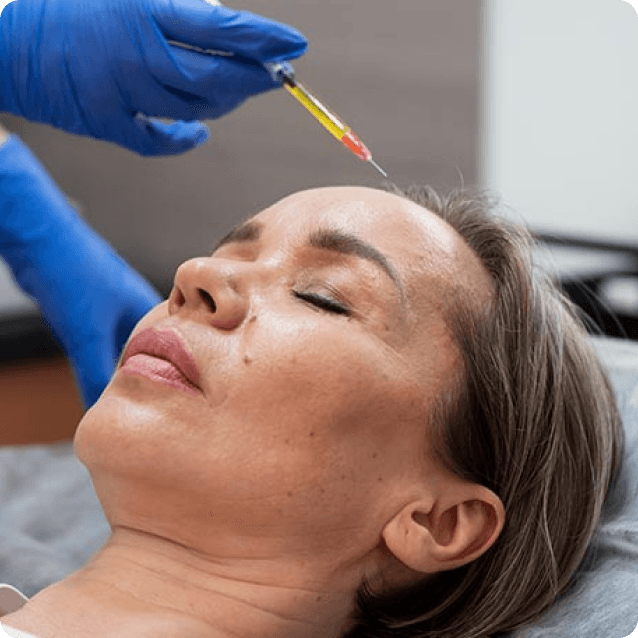Biocellular Medicine
What is a Biocellular Medicine?
Biocellular medicine is a field of medical science that focuses on the use of cellular and molecular therapies to repair, regenerate, or replace damaged tissues and organs. It encompasses a range of techniques, including stem cell therapy, tissue engineering, and regenerative medicine, aimed at harnessing the body's natural healing processes to treat various diseases and conditions. Biocellular medicine often involves the manipulation of cells at the molecular level to restore normal function and improve health outcomes.
What to do before a Biocellular Medicine?
Dos:
Consult with a specialized healthcare provider: Seek advice from a medical professional experienced in biocellular therapies to understand the potential benefits and risks.
Assess your health condition: Undergo a thorough evaluation to determine if you are a suitable candidate for biocellular treatments based on your medical history and current health status.
Research treatment options: Educate yourself about the different biocellular therapies available and their potential outcomes.
Prepare for potential procedures: Follow any pre-treatment guidelines, such as fasting or avoiding certain medications, as advised by your healthcare provider.
Don'ts:
Avoid self-diagnosing: Do not attempt to self-diagnose or self-treat using biocellular therapies without professional guidance.
Don’t skip pre-treatment assessments: Ensure all necessary tests and evaluations are completed before proceeding with treatment.
Avoid making health decisions based solely on marketing: Be cautious of treatments that are marketed with exaggerated claims and seek evidence-based options.
What to do after a Biocellular Medicine?
Dos:
Follow post-treatment instructions: Adhere to the care plan provided by your healthcare provider, including any prescribed medications and follow-up appointments.
Monitor your progress: Track your recovery and any changes in your condition, reporting any unusual symptoms or concerns to your healthcare provider.
Adopt a healthy lifestyle: Support your treatment outcomes with a balanced diet, regular exercise, and avoidance of harmful substances like tobacco and excessive alcohol.
Engage in rehabilitation if necessary: Participate in any recommended physical therapy or rehabilitation to enhance recovery and support healing.
Don'ts:
Avoid skipping follow-up visits: Regular follow-up appointments are essential to assess the effectiveness of the treatment and address any issues.
Don’t disregard symptoms: Report any adverse effects or unexpected changes to your healthcare provider immediately.
Avoid engaging in strenuous activities prematurely: Follow guidelines for physical activity to prevent complications and support recovery.
Who is the best candidate for Biocellular Medicine?
Candidates for biocellular medicine are individuals seeking advanced therapies for conditions that may not respond well to traditional treatments. The best candidates are:
Patients with chronic or degenerative conditions: Individuals with diseases or injuries that have not improved with conventional treatments may benefit from biocellular therapies.
Those in good overall health: Candidates should be in generally good health to maximize the potential benefits of the treatment and reduce risks.
Individuals with realistic expectations: Understanding the potential outcomes and limitations of biocellular medicine is crucial for satisfaction with the treatment.




